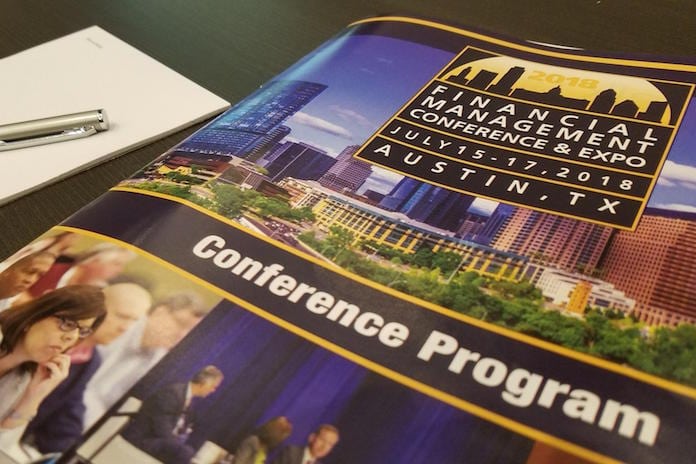TPG Capital portfolio company Mediware Information Systems, Inc. announced last week that it’s acquiring the long-standing home health and hospice consulting group Fazzi Associates.
To some degree, the transaction—which marks one of the few instances where a software business buys up a consulting firm—is reflective of the broader home health, personal care and hospice landscape. Agencies have had to implement M&A strategies to better align their businesses for a tech-driven and value-based world.
Vendors and other non-providers are now starting to follow suit.
“It was an important evolution of the company,” Fazzi Associates President Tim Ashe told Home Health Care News. “And it fit—the combination of Mediware as primarily a technology and application organization and Fazzi as a consulting, education, outsourcing service.”
Northampton, Massachusetts-based Fazzi serves more than 1,400 agencies across the United States.
Fazzi had been internally discussing the notion of bringing in a new partner for a couple of years, Ashe said, partly to reduce the day-to-day workload of its founder, Bob Fazzi. That notion began to gain steam late last year when the consulting group met with Mediware CEO Bill Miller, he said.
“It was really time to think about that and a future partner allowing us to continue to invest in our mission and brand,” Ashe said. “With Bill, we walked away feeling like it was an incredible fit … and Mediware does have the same commitment to making an impact on patient care.”
TPG Capital in the background
In digging into the details of the Fazzi-Mediware deal, one quickly notices a prominent connection to TPG Capital, the private equity giant that recently teamed up with Humana Inc. (NYSE: HUM) and Welsh, Carson, Anderson & Stowe in dual purchases of hospice provider Curo Health Services and Kindred at Home.
Overall, TPG Capital has at least 65 health care companies in its portfolio.
Fazzi’s indirect link to TPG Capital may lead to new opportunities down the road, but it didn’t play a part of its decision to sell to Mediware, according to Ashe.
“It didn’t enter into our viewpoint of the deal really, other than we knew [Mediware] was a very, very reputable, high profile TPG company,” he said. “I can’t speak for the TPG and Medicare leadership on that perspective, but certainly from our perspective [the connection] is enticing because they’re such high profile and high quality organizations.”
A turnkey move
Despite Mediware’s recent acquisition of Fazzi Associates, not much will change as far as daily operations for the consulting group.
Ashe will assume the role of Fazzi president, while Bob Fazzi will stay on board as an advisor. Similarly, Fazzi Associates’ headquarters will remain in Northampton.
“Our leadership team remains intact and our service offerings remain intact,” Ashe said. “By and large, it’s really picking Fazzi up and setting it down as an independent piece withing Mediware.”
Fazzi’s advice for providers
Fazzi Associates was one of several organizations that attended and presented this week at the National Association of Home Care & Hospice’s 2018 Financial Management Conference in Austin, Texas. Among its presentations, Fazzi representatives discussed staffing challenges and the intricacies of the Centers for Medicare & Medicaid Services’ (CMS) latest proposed payment rule.
When it comes to the proposed Patient-Driven Groupings Model (PDGM), the most important thing providers can do today is make sure they have strong data initiatives and compliance programs already in place, Ashe said. Doing so will help them mitigate any future changes under PDGM.
“We can’t go there until our organizations are well oiled and operating with respect to the funamentals,” Ashe said. “There are all of these things going on, but, right now, it’s even more critical to leaders to make sure their organizations are aligned to make good results and predictable results.”
CMS’ renewed proposal of its Pre-Claim Review Demonstration is also likely to present a significant administrative challenge to agencies, according to Ashe.
“[PCRD] is an administrative requirement in an already complex administrative landscape,” he said. “It concerns me because it’s taking the focus for organizations further away from care and quality and requiring them to attend to that administrative component.”
Written by Robert Holly




